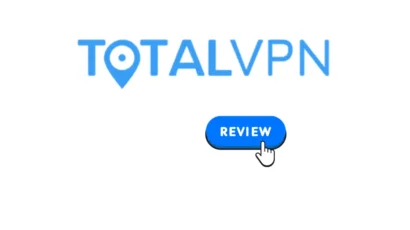Disclosure: Privacy Australia is community-supported. We may earn a commission when you buy a VPN through one of our links. Learn more.
Is Australia Doing Enough About Children’s Online Privacy?

On the 30th anniversary of the World Wide Web, founder and web investor, Sir Tim Berners-Lee, looked back on how the “web has changed our world and what we must do to build a better web that serves all of humanity”.
In that period, the internet has altered nearly every aspect of our lives, from how we interact with our friends and family, to how we work and learn. In the very same year, we marked the 30th anniversary of the Convention on the Rights of the Child (CRC), the most ratified United Nations treaty in the world.
As we reflect on both events, it is important to analyze how digital technology affects children in today’s day and age. While there are many benefits to transformational technology such as education, communication, and entertainment, like any technology, misuse can expose children to danger and harm.
Which leads to the question: Is Australia doing enough about children’s privacy online?
Is Australia Lagging Behind on Protecting Children’s Privacy Online?
As reported by technology and privacy experts, children living in Australia are being tracked online without proper consideration for their privacy or the risks involved with collecting their date — be that identity theft or fraud.
Private companies are often responsible for collecting such personal information to build data sets and psychographic profiles to create tailored messages to increase the chances of impact.
In some parts of the world, laws, and regulations have been enforced in an attempt to protect data with new privacy policies, as well as data breach fines and penalties. On the contrary, Australia — which critics say lacks firm privacy protection in general — is said to be lagging behind owing to the lack of protection for the privacy of children online.
“Our research estimates that by the time a child reaches the age of 12, more than 72 million pieces of personal data have been collected about them by advertising technology designed for adults,” said Dylan Collins, CEO of Super Awesome, in an interview with Which-50.
“This data is being captured on children who have no understanding about what they’re giving up or even that the practice is happening.”
According to Collins, this date is often used for product recommendations and advertising, something that most adults don’t fully understand, let alone children.
What Is Australia Doing to Keep Children Safer Online?
At the beginning of the year, the UK privacy watchdog revealed an “age-appropriate” code design for internet services intended to protect the privacy of children online.
The set of design standards expands on existing data regulations in Europe (GDPR) and its requirements for children (GDPR-K). This is all part of a push to create global standards for children when they are online.
As a response, platform giants argued that preventing the collection of data could stop them from providing their services entirely. But UK regulators were explicit when they said that the best interests of children should be the main consideration when designing and developing online services that may be accessed by children.
Around the world, there are similar restrictions on collecting data from children online, with similar measures in progress overseas.
Today, the Australian Government is analyzing its online safety legislation and is looking to implement default privacy settings in online services likely to be accessed by a child.
At the time of writing, Australia is the only country with an e-safety commissioner that takes care of online safety for Australian’s.
At its e-safety conference, the e-safety team discussed how they have consulted with social apps, gaming companies, and other businesses about a project known as Safety By Design — a concept designed to create a safer online environment for adults and children alike.
Additional restrictions on data collection on children should follow as many still believe that the current Online Safety Act does not completely address the risks.
How Can We Make the Web Safer for Children?
Based on a range of recommendations from trusted sources, to protect children online, we require:
- A positive company culture that promotes the safety of child online
- A practical, strong and enforceable legal framework that protects children online
- A variety of age-appropriate products and services for children
- Education on how to stay safe and secure in the digital world
- The protection of children’s identities online
To further understand how to keep your children safe online, refer to our comprehensive E-Safety guide for children.





